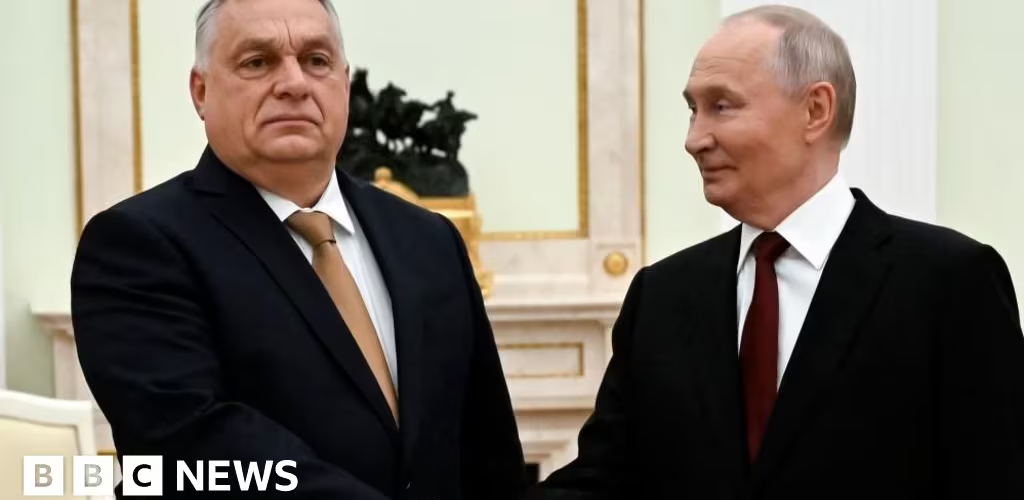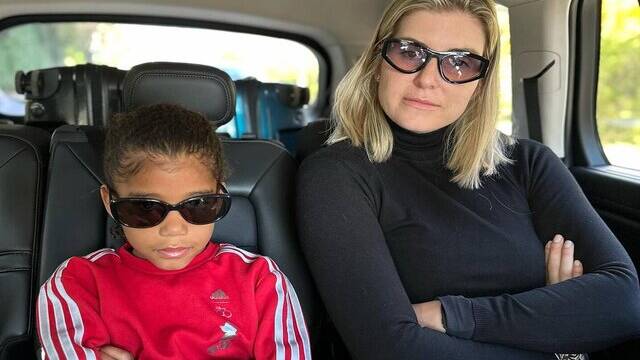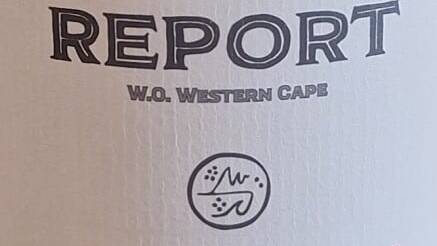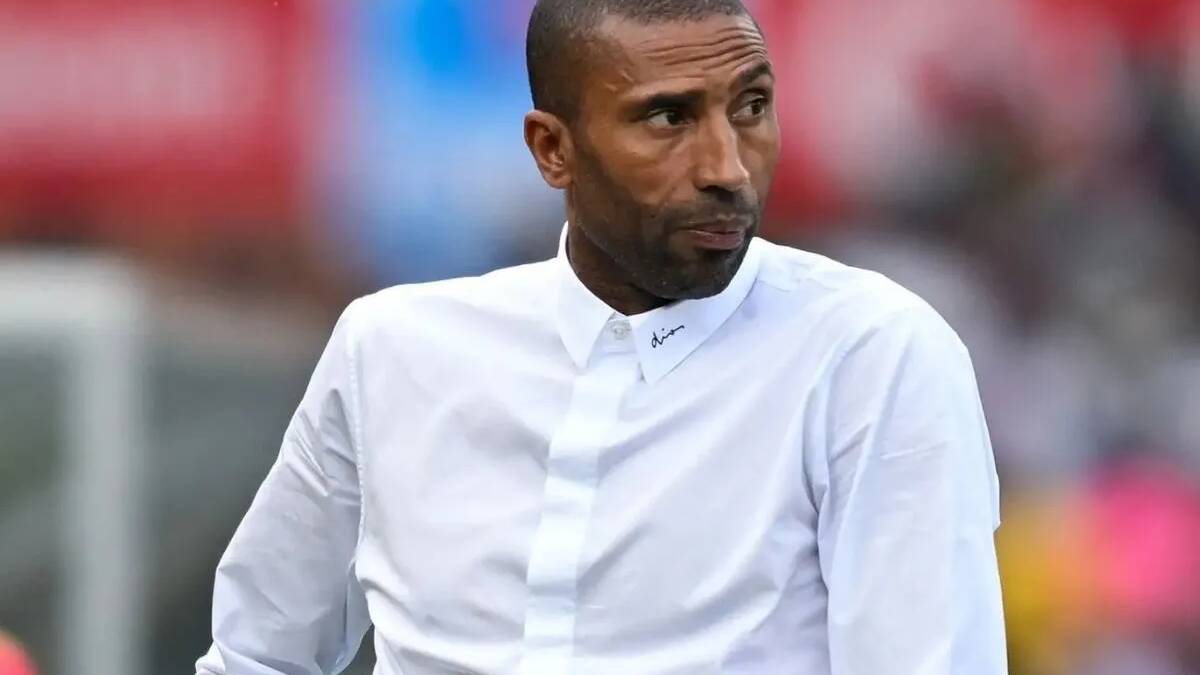Hungary's Orban defies EU partners and meets Putin again in Moscow
BBC | 28.11.2025 21:16
Hungarian Prime Minister Viktor Orban has met President Vladimir Putin in Moscow, days before Russia holds talks on a US push to end the war in Ukraine.
Orban is seen as one of Putin's closest allies in Europe and he has consistently angered his Nato and EU allies by undermining solidarity against Russia.
"We are aware of your balanced position on the situation in Ukraine," Putin told Orban in remarks carried by Russian state TV.
Putin also thanked the Hungarian prime minister for proposing Budapest as a potential venue for a Russia-US summit with President Donald Trump.
"Trump immediately said: ''We have good relations with Hungary, you have good relations with Viktor, and I do too, so I suggest this option.' Of course, we happily agreed," Putin said.
Plans for a Budapest "peace summit" were proposed last month, but it was scrapped reportedly because the Russian side had refused to compromise on Putin's maximalist demands for an end to the war.
The Hungarian leader's Fidesz party faces parliamentary elections in April and polls suggest that for the first time in 15 years it could be defeated at the ballot box.
Orban, who last visited Moscow in July 2024, has repeatedly challenged EU attempts to end European imports of Russian oil and gas.
He billed Friday's visit as the second leg of a strategy to ensure Russian energy supplies this winter, for Slovakia and Serbia as well as Hungary.
Earlier this month in Washington, he secured exemption from US sanctions on Russian fuel - but only as long as he remains in power.
Ever since Russia's full-scale invasion of Ukraine in 2022, Orban has claimed to have been on the side of peace and told Hungarian state radio last week that "Europe has decided to go to war in Ukraine".
He has strongly backed Trump's 28-point peace plan to end the war and during frantic diplomacy after it emerged, the Orban government and pro-Orban media have accused EU leaders of "war-mongering" for trying to adapt the plan to take account of Ukraine's objections.
Joining Orban and Putin in the Kremlin were leading Russian officials, including Putin aide Yuri Ushakov, who is part of Russia's negotiating team with the US.
In a letter this week to European Commission President Ursula von der Leyen, the Hungarian leader called for immediate, unconditional peace talks, for the EU to launch direct negotiations with the Kremlin. He stressed his opposition to further EU funds for Ukraine, and rejected the use of frozen Russian assets to fund Ukrainian defence.
Now, with little sign of Russian willingness for compromise on Ukraine, Orban is focusing on Russian energy.
Deals he struck in Washington to buy US liquefied natural gas (LNG) and start buying US nuclear fuel, mean Hungary will buy less of both from Russia, potentially annoying his Russian hosts.
Orban argues that without deals with the US and Russia, heating prices would triple next month.
Hungary is under pressure from the EU to end all imports of Russian energy by 2027 and is likely to use any agreement in Moscow to continue to defy Brussels.
Hungary currently receives over 80% of its oil and gas, and 100% of its nuclear fuel from Russia, and total Hungarian trade contributes approximately $5bn annually to the Russian budget.
A "deal" in Moscow does not appear difficult.
Like Trump, Putin has made clear he wants Orban to win next April's election, so another diplomatic "triumph" for Orban would serve the interests of both sides.
At this year's Valdai Forum in Sochi on 29 September, Putin praised Orban personally, and saluted "nationally-oriented political forces" gaining ground in Europe.
"If these forces in Europe continue to grow stronger, then Europe will be reborn," Putin said.









